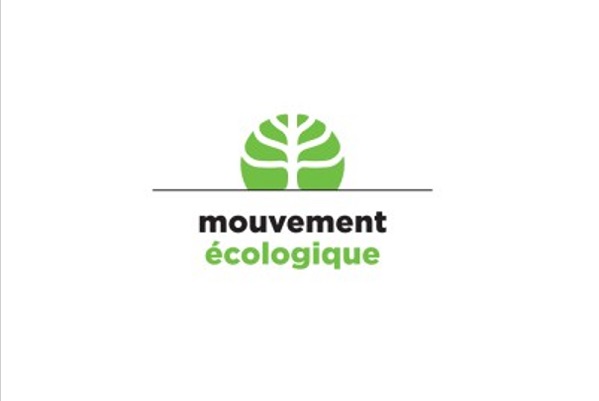
The Mouvement Ecologique has shared its position on a recent bill proposed by Luxembourg's Ministry of Agriculture, Food and Viticulture to promote fruit and vegetable greenhouses.
In December 2024, the Government Council (cabinet) adopted a bill establishing financial aid for the construction of horticultural greenhouses. to help increase national production of greenhouse fruit and vegetables. The total budget is €20 million, to be split among and allocated to farmers based on a call for projects.
Mouvement Ecologique's position paper is titled (translated to English) "€20 million in state funding for new greenhouses: Orientation towards large-scale facilities and lack of sustainability criteria overshadow initiative to increase fruit and vegetable cultivation in Luxembourg".
The organisation welcomed the fact that the government is providing additional funding for the diversification of agriculture in Luxembourg, which it said was "long overdue".
The Mouvement Ecologique also noted that it has been campaigning for the diversification of agriculture and increased vegetable cultivation "for decades", and so this government initiative "may seem positive at first glance".
That being said, the organisation argued that the proposed bill focuses more on large-scale projects. As such, "the positive fact that the issue is finally being addressed is overshadowed by the problematic direction of the legislative project" - an argument that the organisation set out to prove in its position paper analysis.
The Mouvement Ecologique recalled that €20 million is available for funding. The state will cover 40% of the operational investment costs (55% for young farmers) with funding ranging from €1-12 million per project. The organisation argued that this means the state "intends to primarily support larger greenhouses with a cost of at least €2.5 million". The organisation lamented that this would be to the detriment of young people in particular who are trying to set up a business and are "left empty-handed due to the extremely high investment costs". It argued that the future of Luxembourg agriculture should rely on "medium-sized, small-scale farming or in the development of models such as 'solidarity farming'".
"The sole aim should not be to promote the supply of Luxembourg vegetables at all costs, but rather to further develop and consolidate the structures of regional agriculture, horticulture and fruit growing," said the Mouvement Ecologique. It argued that there was a risk that a few large-scale projects in the food industry would receive the funding. "Additional funding and support" for small-scale farming "would therefore be necessary".
The organisation also pointed out a lack of sustainability criteria and said the funding should consider energy souces and the impact on the local environment; location criteria are also not mentioned, it argued.
The organisation concluded that, due to "the lack of specifications" in the bill on "key aspects", such as criteria for the distribution of funds and basic specifications for cultivation, it is "not sustainable from both a legal and a content perspective".
The Mouvement Ecologique issued the following recommendations:
- provide additional funding and support for smaller, family-related farms, and reduce the maximum permissible funding;
- clearly define the sustainability criteria for all applicants;
- modify the bill to promote sustainable, environmentally friendly agriculture;
- ensure interaction with sectoral laws;
- give more weight to the location issue;
- only approve buildings that are permitted in the green zone.








